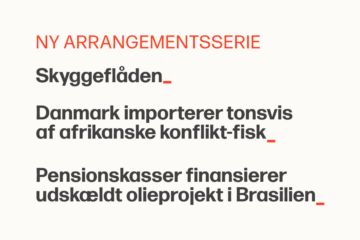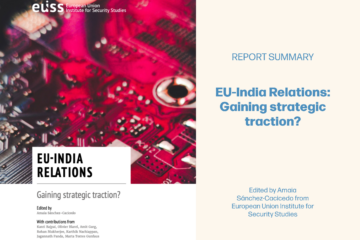Explaining Globalization Scepticism
By Erik Lundsgaarde, Senior Researcher, Danish Institute for International Studies
Erik Lundsgaarde gives a detailed explanation about the trends surrounding globalization sentiments. In particularly, the author uses Denmark, Germany and France as cases to portray the development of globalization attitudes in the last decades. The report is guided by literature on the lenses through which economic globalization’s skepticism can be understood, including general economic explanations, political parties, and institutional explanations. The report indicates that based on the data, Denmark is the least skeptical country when it comes to globalization followed by Germany, and that France is the most skeptical among the three. However, the concluding remarks are a reminder of that measures of globalization skepticism is complex and there are still attitudes that do not conform with the overall picture.
The report gives a brief overview of the concept of globalization, which according to author, serves as a way of describing the ever-increasing flows among countries. In that regard, trade theory is a way of understanding globalization’s impacts, and the author explains how it ultimately comes down to how gains and losses are distributed. That is, globalization’s support is often swayed by an analysis of who benefits and who loses from such flows. However, the author also recognizes that there is more than just the economic indicators, when it comes to views on globalization. This include political environment and social welfare protection that potentialle influence individuals’ preferences.
Different surveys to analyze perceptions about globalization are applied in the three case countries. This is combined with country-specific information about economic context, political parties, and institutional explanations to provide illustrations of why these countries differ in their level of skepticism towards globalization. The two approaches provide different responses, but the overall conclusion is that Denmark is overall one of the world’s most globalized countries, which is partly attributed to its social welfare protection schemes and the upgrade of workers’ skills. In addition, the author points out the limitations of relying on such measures on globalization optimism.
The report ends with overall considerations of how the government and institutions might affect individuals’ views about globalization. Free trade, globalization and welfare are among the top phenomena in explaining how these three European countries have differing levels of skepticism. The author confirms that a view shared by all the countries is that “advancing economic integration and liberalization have disadvantaged lower-skilled workers.” Which offers the generalization that as long as, there is employment insecurity and economic uncertainty, globalization will continue to be debated and the views and attitudes towards it will depend on the overall actions taken by each country.
Read more here.


